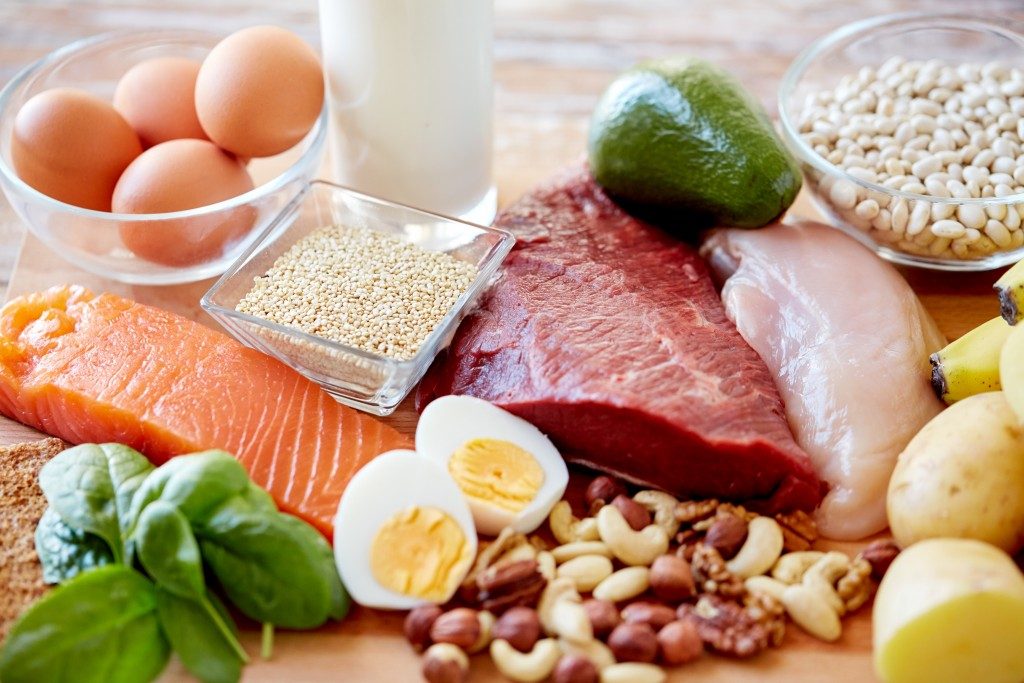It has been argued that humans were much healthier and robust creatures before we settled and became farmers. As hunter-gatherers, we not only enjoyed intense physical activity on a daily basis, we ate food that was as fresh as could be, and we ate a wide variety of it.
Today we have access to the widest range of food items ever presented to humans and at a level of convenience that would have been magical to our hunter-gatherer ancestors. Yet it seems that we are less healthy than our ancestors. Modern technology in terms of medicine and sanitation, as well as our ability to provide enough food, has lengthened our lifespans but not necessarily given us a full grasp of what is the best diet for us.
Knowing what’s nutritious.
The way we have consumed in our modern age is more about pleasure, convenience, and economics rather than well-being. Nutrition courses are now available to help families and those interested in careers in sports and hospitality. It would seem that there is a lot of confusion and uncertainty about healthy food, given the overwhelming and sometimes contradictory information we have available online. It seems strange that we would need such courses but it’s understandable when agendas and bogus claims around food are made by interested parties and the scientists do sometimes change what they think is good for us.
Buying healthily
We all have the basic idea that fresh is better than processed. On the whole, this is good advice, as there is often more nutrition in fresh food. Processing food often eliminates a lot of the nutrition of the food and is also patchy in the quality of the products and ingredients used.

Organic
Organic food, food that is produced without chemicals to ward off pests or to aid growth, although more reassuring for the consumer and better for the environment, is also not proven to be more nutritious than food which has been grown with chemical assistance. With organic products often more expensive than non-organic, this type of shopping is still not widespread enough to be considered the mainstream.
Vegetariansim and veganism
There are some who argue that a vegan diet is healthier than one which is omnivorous. Again there is not strong scientific consensus that this is the case. Certainly, eating less red meat and meat in general, is good, if you’re eating an unbalanced diet but switching completely to non-animal produced diet may be just as bad. People can be healthy eating a vegan diet if they are able to eat from a wide range of other food types.
Although vegetarianism and veganism in particular have a strong moral argument for their adoption, the health benefits of incorporating more plant-based food into our diets are certain. With a more plant-based diet, we eat more roughage and enjoy a broad range of essential vitamins and minerals. This is something that is lacking in our modern diets leading to an array of health deficiencies.
Today, there are many food choices we must make. It is up to be informed about our food choices not only for the benefit and health of ourselves and our families but also for the good of the environment.

